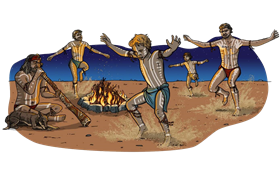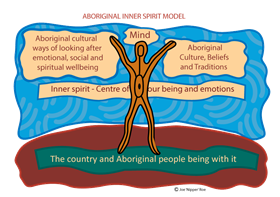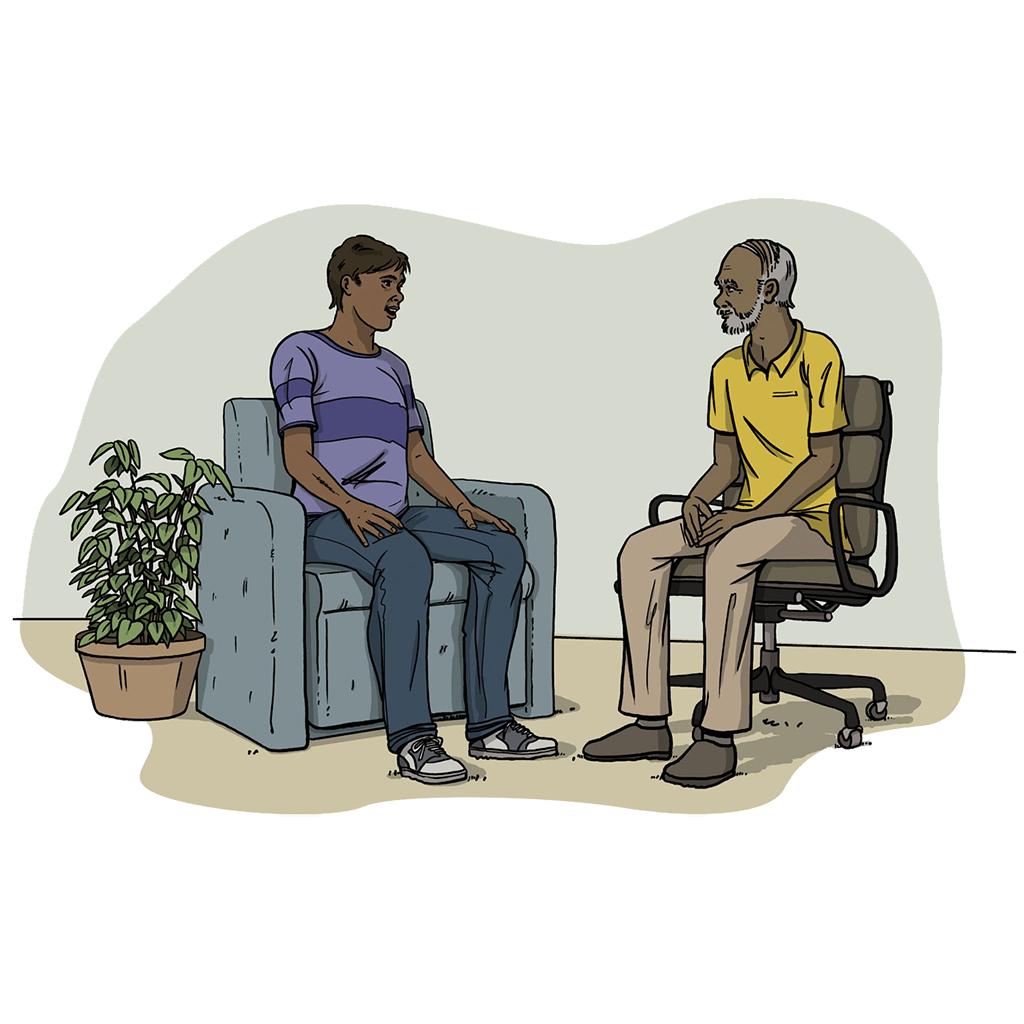
Social and Emotional Wellbeing
Due to the diversity of the Aboriginal and Torres Strait Islander peoples, the concept of mental health is very complex. The term social and emotional wellbeing (SEWB) is the preferred term as it refers to the physical, social, emotional and cultural and spiritual wellbeing of individuals and the whole community.
This definition recognises the importance of connection to land, culture, spirituality, ancestry, family and community. Positive social and emotional wellbeing is about feeling good and being connected to others. It means understanding and managing our feelings while building strong relationships.
Some signs or symptoms of mental health issues:
- no longer enjoying things you used to love
- having trouble sleeping
- spending lots of time on your own
- finding it hard to think or concentrate
- feeling sad most of the time
- using alcohol or other drugs more often to cope
Factors that may impact on your social and emotional wellbeing include:
- separation from culture and identity issues
- discrimination/racism
- economic and social disadvantage - homelessness, unemployment, level of education
- physical health problems
- incarceration
- violence
- substance misuse
- relationship/family breakdown
- losing your job
- family history of mental health diagnosis
- grief and loss
- impacts of the Stolen Generations and removal of children
- unresolved trauma

Aboriginal Inner Spirit Model
Our inner spirit is the centre of our being and emotions.
When our spirit feels strong our mind feels strong.
When our spirit feels tangled our mind feels tangled.
Strong inner spirit is what keeps people healthy and keeps them connected together.
Strong inner spirit keeps our family strong, our community strong and our country alive.
Page last updated16 December 2024

